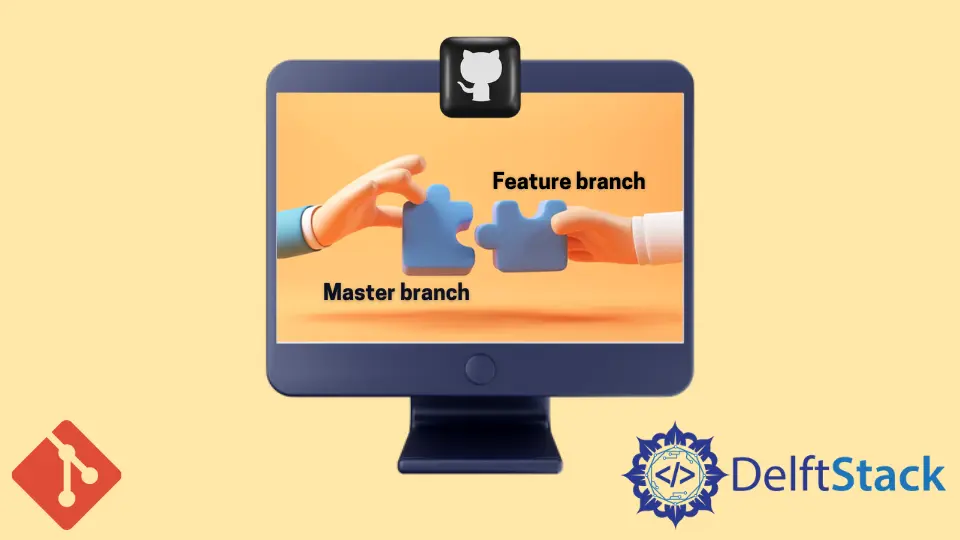How to Merge Local Branches in Git
- Understanding the Git Merge Command
- Steps to Merge Local Branches
- Best Practices for Merging Branches
- Conclusion
- FAQ

Merging local branches in Git is a fundamental skill for any developer working with version control. Whether you are collaborating on a team project or managing your own codebase, understanding the git merge command is crucial. This command allows you to integrate changes from one branch into another, ensuring that your work is up to date and cohesive.
In this article, we will delve into the mechanics of the git merge command, explore its various options, and guide you through the steps to merge local branches effectively. By the end, you’ll have a solid understanding of how to manage your branches and keep your projects organized. Let’s get started!
Understanding the Git Merge Command
Before diving into the merging process, it’s essential to grasp what the git merge command does. Simply put, git merge combines the changes from one branch into another. This is particularly useful when you have completed a feature on a separate branch and want to integrate it back into the main branch, typically main or master.
When you perform a merge, Git will attempt to automatically combine the changes. If there are conflicts—meaning changes in both branches overlap—Git will prompt you to resolve them manually. Understanding how to navigate these scenarios is vital for maintaining a clean and functional codebase.
Steps to Merge Local Branches
Step 1: Checkout the Target Branch
The first step in merging local branches is to switch to the branch you want to merge changes into. This is often the main branch. You can do this using the git checkout command.
git checkout main
Output:
Switched to branch 'main'
By executing this command, you set your working directory to the target branch. It’s crucial to ensure that you are on the correct branch before proceeding with the merge.
Step 2: Merge the Source Branch
Once you are on the target branch, you can merge the changes from the source branch. Use the following command to perform the merge:
git merge feature-branch
Output:
Merge made by the 'recursive' strategy.
In this command, replace feature-branch with the name of the branch you want to merge. If the merge is successful, Git will automatically combine the changes. If there are no conflicts, you will see a message indicating that the merge was successful.
Step 3: Resolve Any Merge Conflicts
If there are conflicts during the merge, Git will notify you, and you’ll need to resolve them manually. Conflicted files will be marked, and you can open them in your code editor to see where the issues lie. After resolving the conflicts, you’ll need to stage the changes and complete the merge.
To stage the resolved files, use:
git add resolved-file.txt
Output:
Stage changes for commit
Finally, complete the merge with:
git commit
Output:
Merge branch 'feature-branch' into main
Resolving conflicts is a critical part of the merging process. Always review the changes carefully to ensure that you’re not inadvertently discarding important code.
Best Practices for Merging Branches
Merging branches can sometimes lead to messy histories, especially in collaborative environments. To maintain a clean project, consider adopting these best practices:
- Frequent Merges: Merge changes regularly to minimize conflicts and keep branches synchronized.
- Descriptive Commit Messages: Use clear, descriptive messages when merging to document the purpose of each merge.
- Use Pull Requests: If you’re working in a team, consider using pull requests for merging. This allows for code reviews and discussions before changes are integrated.
By following these practices, you can enhance collaboration and maintain a cleaner project history.
Conclusion
Merging local branches in Git is an essential skill that every developer should master. By understanding the git merge command and following best practices, you can effectively manage your codebase and collaborate with others. Remember to resolve conflicts carefully and document your merges with clear commit messages. With practice, merging will become a seamless part of your development workflow, allowing you to focus on creating great software.
FAQ
-
What is the purpose of merging branches in Git?
Merging branches allows you to integrate changes from one branch into another, helping to keep your codebase organized and up to date. -
What happens if there are merge conflicts?
If there are conflicting changes in the branches being merged, Git will notify you, and you’ll need to resolve the conflicts manually before completing the merge. -
Can I merge branches without using the command line?
Yes, many Git GUI tools allow you to merge branches visually, making the process more intuitive for those who prefer not to use the command line. -
Is it possible to undo a merge?
Yes, if you want to undo a merge, you can use thegit resetcommand to revert to the state before the merge. -
How can I see the history of merges in my Git repository?
You can view the history of merges using the commandgit log --merges, which will show you all the merge commits in your repository.
John is a Git and PowerShell geek. He uses his expertise in the version control system to help businesses manage their source code. According to him, Shell scripting is the number one choice for automating the management of systems.
LinkedIn